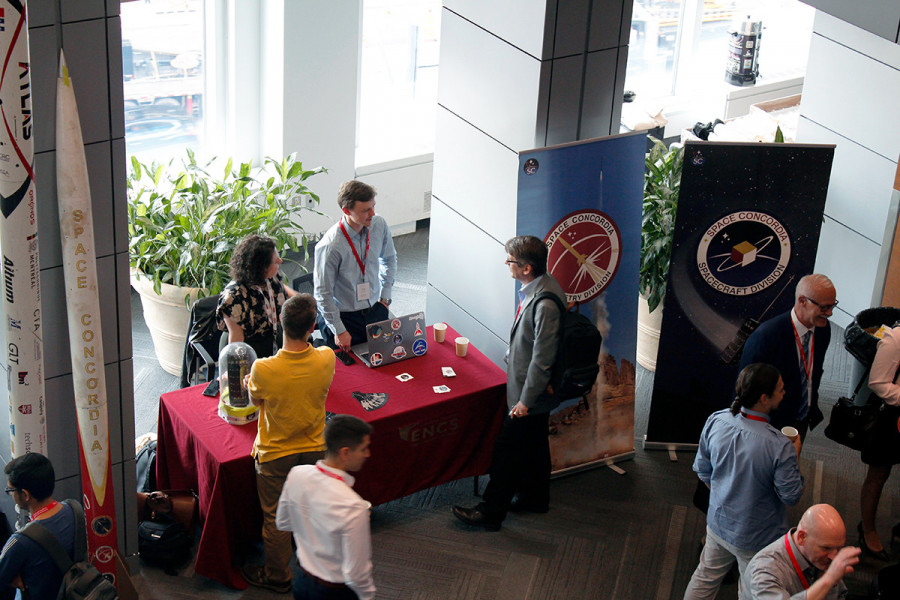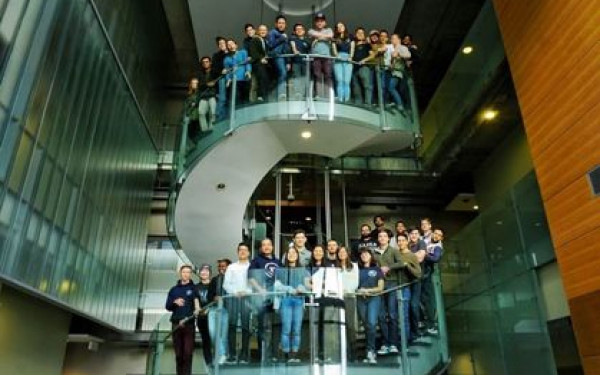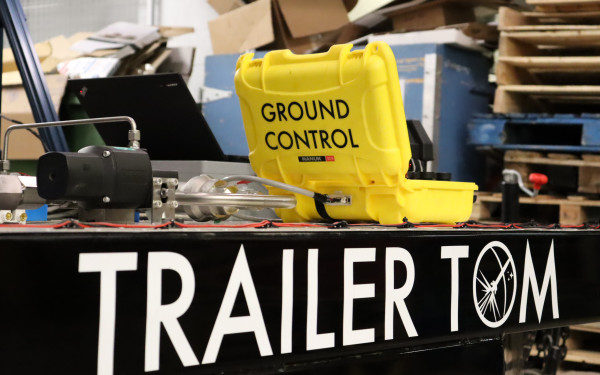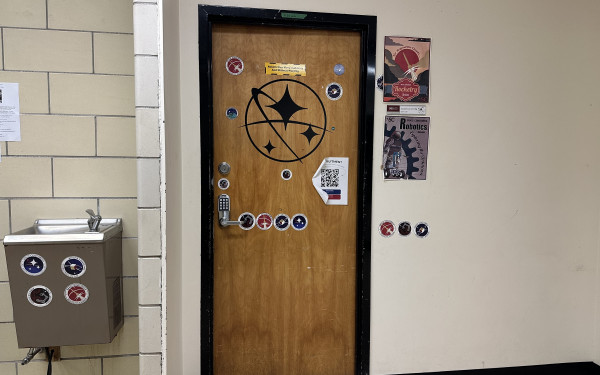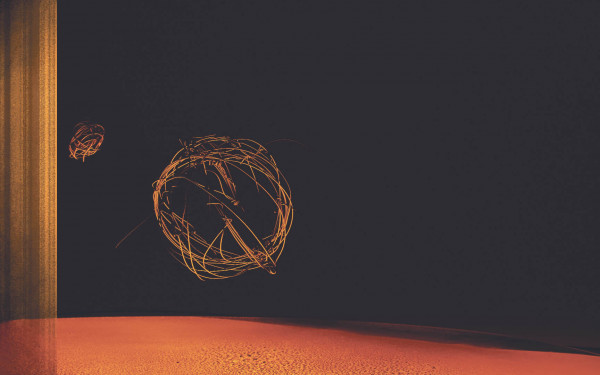Concordia Well Represented at Third Annual Montreal Space Symposium
Faculty, Space Concordia Members Give Talks on First Day of Symposium
Starry-eyed space enthusiasts gathered at the International Civil Aviation Organization headquarters in Montreal for the third annual Montreal Space Symposium.
The conference, organized by the Montreal Student Space Association, gathered industry professionals, students, and enthusiasts for two days of space talks and panels.
Concordia students and staff presented an interdisciplinary array of talks on the symposium’s first day.
Hannah Jack Halcro, president of Space Concordia, lectured on the intersections between art and space while advocating for an increased involvement of art in the space sector.
Her talk focused largely on two major artistic endeavors in space, the Voyager Golden Record and Elon Musk’s Tesla Roadster.
“The contents of the Golden Record were designed to be inclusive, whereas as the roadster objects are particular and subjective,” said Halcro. The Golden Record contains a wide sample of human culture intended to be found by extraterrestrial life, including songs from a variety of countries and cultures as well as greetings in 55 different languages. The record was on the Voyager 1 probe, the farthest human-made object in space. She contrasted the inclusive and idealistic Golden Record to the ephemeral and commercial nature of the Tesla Roadster.
“Its legacy isn’t of launch excitement, but more of that cry into the dark, hoping someone might hear it,” said Halcro of the Golden Record.
On the other hand, the Tesla launch was a highly publicized advertising stunt. Musk’s car was used as a dummy payload for a SpaceX rocket and filled with pop culture references like Douglas Adams’ Hitchhiker’s Guide to the Galaxy, David Bowie’s Space Odyssey, and Isaac Asimov’s Foundation trilogy. Its orbit brings it barely further than Mars.
“We can still study this,” she said of Musk’s publicity stunt, “as cringe-inducing as it might be for some of us in the space field.”
“I think it would be really cool if there was an art working group [at Space Concordia],” said Halcro on ways to get more art in an engineering dominated field.
Dr. Stefanie Ruel, an assistant professor at John Molson School of Business and former Canadian Space Agency mission manager, shed a light on the experience of women in the space industry.
She spoke of her own experience dealing with sexism to introduce her work documenting the forgotten women of space exploration.
“He was positioning me in the gendered role of the mother around the table and not recognizing my expertise as a life sciences mission manager who had worked in the industry for 20 years,” she said of an interaction with a colleague.
“We’re trying to perform a gendered historical rescue and recovery mission,” said Ruel. Her work has uncovered and documented the ignored contributions of women in Canadian space programs, such as Alouette 1 and 2. Alouette 1 was Canada’s first satellite and the first constructed by a nation other than the United States or the Soviet Union. Ruel’s research includes looking back at archival data and photographs, as well as interviews.
The final Concordia appearance of the day was from Oleg Khalimonov, Space Concordia’s Rocketry Lead. He spoke in a panel composed of students representing the rocketry teams from Université Laval, ÉTS, Polytechnique, Université de Montréal, Université de Sherbrooke, and McGill. The students traded friendly banter as they discussed the ins and outs of student rocketry.
“All the Canadian teams, we are better,” said Khalimonov. “We are better engineers. We take ourselves a lot more seriously. The Americans don’t have to try as hard.”
The other panelists echoed the sentiment, pointing out that American teams benefit from larger budgets and help from NASA. The Canadian Space Agency has historically not been focused on rocketry, and Canada does not have any rocket launching capabilities yet. A potential space port is in development in Canso, Nova Scotia.
“We lucked out two years ago and became the most successful team Concordia’s ever had, so they are supportive,” he said about the administration’s view of their work, “but they also think we are going to blow up, so they are not supportive.”
The other panelists shared their similar experiences dealing with their respective administration when building rockets. “Our university doesn’t exactly know what we are doing,” said Alexandre Rivard, technical co-director for the Groupe Aérospatial de l’Université Laval rocket team. They talked about the issue of getting permission from the school to build rockets in addition to getting funding.
The panel capped the first day of the space symposium with humour and optimism regarding Canada’s involvement in the space industry. Concordia staff and students had the opportunity to share their work with their peers and demonstrate their role in Canada’s space sector.

